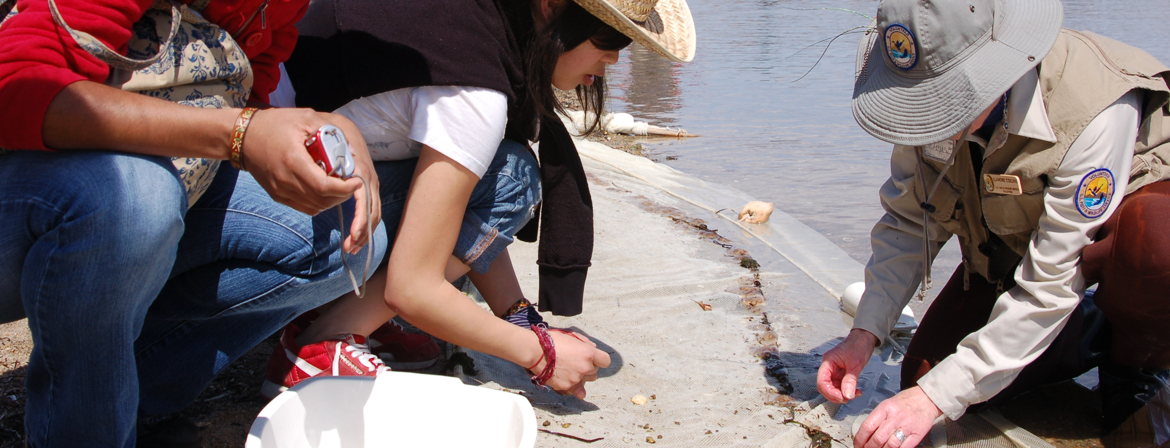The Environmentalist who Cried Drought: Reactions to Repeated Warnings about Depleting Resources Under Conditions of Uncertainty
Joireman, J., Posey, D., Truelove, H., & Parks, C. (2009). The environmentalist who cried drought: Reactions to repeated warnings about depleting resources under conditions of uncertainty. Journal of Environmental Psychology, 29(2), 181-192.
The Check, Clean, Dry Campaign
What Affects Use of Pretrip Public Transport Information?: Empirical Results of a Qualitative Study
Farag, S., Lyons, G. (2008). What affects use of pretrip public transport information?: Empirical results of a qualitative study. Transportation Research Record, (2069), pp. 85-92.
Using Social Norms to Reduce Household Energy Consumption
Schultz P. W., Nolan J. M., Cialdini R. B., Goldstein N. J., Griskevicius Vladas (2007). The Constructive, Destructive, and Reconstructive Power of Social Norms. Psychological Science, 18(5), 429-434.
Fleet Conversion in Local Government: Determinants of Driver Fuel Choice for Bi-Fuel Vehicles
Johns, K., Khovanova, K., & Welch, E. (2009, May). Fleet conversion in local government: Determinants of driver fuel choice for bi-fuel vehicles. Environment and Behavior, 41(3), 402-426.
Choosing to Encourage or Discourage: Perceived Effectiveness of Prescriptive versus Proscriptive Messages
Winter, P.L., Sagarin, B.J., Rhoads, K., Barrett, D.W., Cialdini, R.B. (2000). Choosing to encourage or discourage: Perceived effectiveness of prescriptive and proscriptive messages. Environmental Management, 2(6): 588-594.
The Short List: The Most Effective Actions U.S. Households Can Take to Curb Climate Change
Gardner, G.T. & Stern, P.C. (2008, September/October). The Short List: The Most Effective Actions U.S. Households Can Take to Curb Climate Change
Applying Social Psychology to Desegregation and Energy Conservation. Special Issue: Illustrating the Value of Basic Research
Aronson, E. (1990). Applying social psychology to desegregation and energy conservation. Special Issue: Illustrating the value of basic research. Personality and Social Psychology Bulletin, 16, 1, 118-132.
How Influential is the Auditor? Determinants of Sales Effectiveness in Energy Conservation Programs
Brown, M. A., Berry, L. G., White, D. L. & Trumble, D. (1988). How influential is the auditor? Determinants of sales effectiveness in energy conservation programs. Energy Systems and Policy, 12, 135-149.
Increasing Community Recycling with Persuasive Communication and Public Commitment
Burn, S. M., & Oskamp, S. (1986). Increasing community recycling with persuasive communication and public commitment. Journal of Applied Social Psychology, 16, 1, 29-41.



